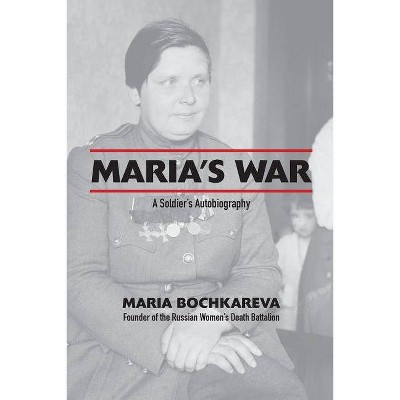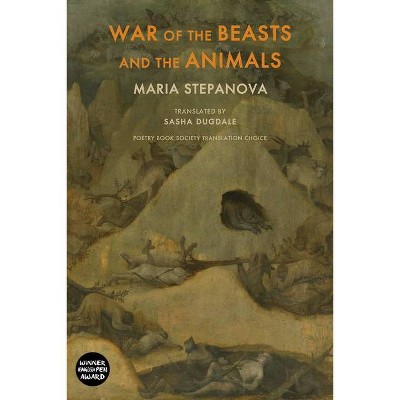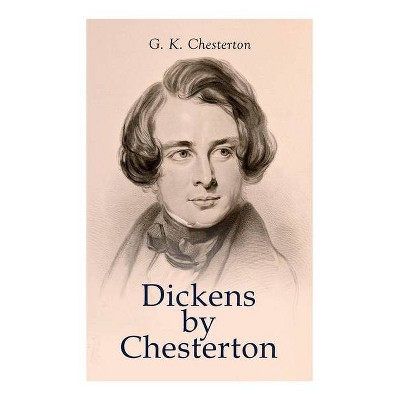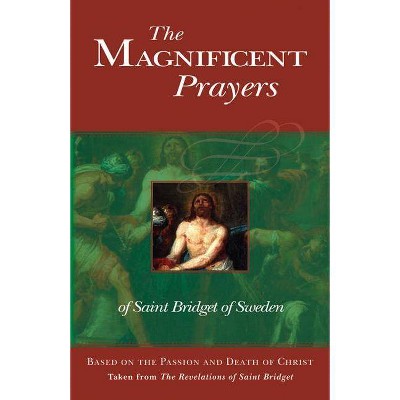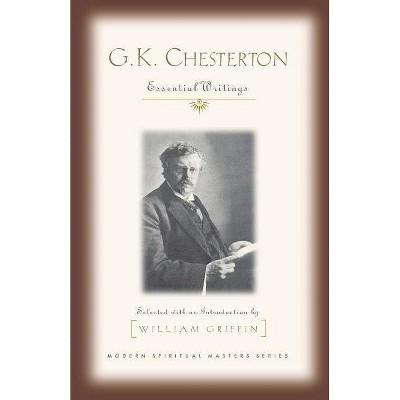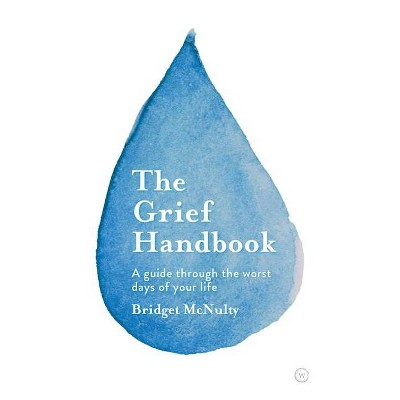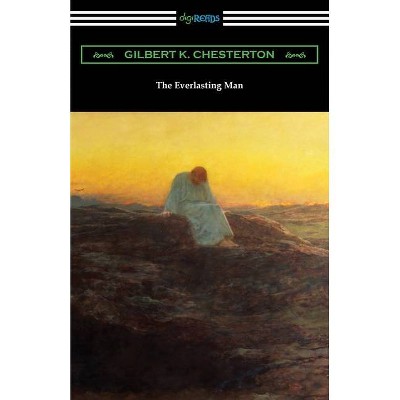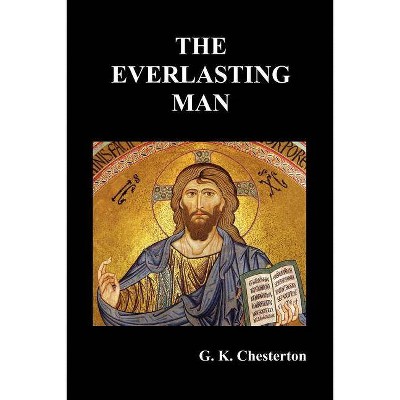The Chaco War - by Bridget Maria Chesterton (Paperback)
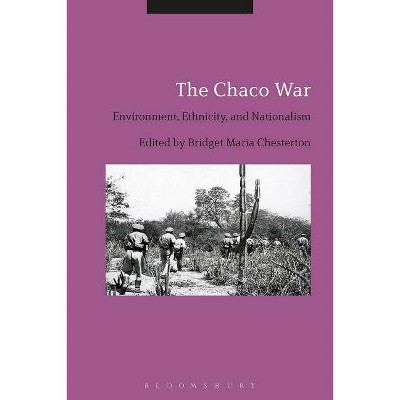
Similar Products
Products of same category from the store
AllProduct info
<p/><br></br><p><b> Book Synopsis </b></p></br></br>In 1932 Bolivia and Paraguay went to war over the Chaco region in South America. The war lasted three years and approximately 52,000 Bolivians and Paraguayans died. Moving beyond the battlefields of the Chaco War, this volume highlights the forgotten narratives of the war. Studying the environmental, ethnic, and social realities of the war in both Bolivia and Paraguay, the contributors examine the conflict that took place between 1932 and 1936 and explore its relationship with and impact on nationalism, activism and modernity.<br/><br/>Beginning with an overview of the war, the book goes on to explore many new approaches to the conflict, and the contributors address topics such as the environmental challenges faced by the forces involved, the role of indigenous peoples, the impact of oil nationalism and the conflict's aftermath. This is a volume that will be of interest to anyone working on modern Latin America and the relationship between war and society.<p/><br></br><p><b> Review Quotes </b></p></br></br><br>The bloody 1932-35 Chaco War between Bolivia and Paraguay fundamentally shaped South America in a way that still produces loud echoes today. Yet for English-language readers it remains an obscure conflict bracketed uncomfortably between the First and Second World Wars. This intriguing compilation helps clear a bit of the fog from this particular struggle. More importantly, it offers a series of provocative approaches to understanding the Chaco War's broader effects on 20th-century nationalism, on the indigenous population of the region, and on the international dimension, especially as regards the politics of petroleum. All of these are very modern issues deserving of more attention from scholars. Kudos to Chesterton for getting this very interesting ball rolling.<br/>Thomas Whigham, University of Georgia, USA<br><br>The Chaco War is a well-rounded contribution that will be of interest to scholars of Latin American history, political science, culture, and literature. Bolivian and Paraguayan specialists will find it especially fascinating, but it will be useful to students of modern Latin America, nationalism, warfare, frontiers, and indigenous history as well.<br/>Middle Atlantic Review of Latin American Studies<br><br>This book deeply transforms and enriches our understanding of a hitherto poorly researched Latin American war. In a truly transnational and interdisciplinary perspective, the book reveals how discourses of modernity and nationalism, as well as the perception of space and environmental adaptation, influenced the conduct and consequences of the war. By addressing problems of ethnicity, class and culture, it also brings to the surface the experiences of soldiers, indigenous peoples and women.<br/>Barbara Potthast, University of Cologne, Germany<br><p/><br></br><p><b> About the Author </b></p></br></br><b>Bridget María Chesterton </b>is Associate Professor of History at Buffalo State, USA. She is the author of <i>The Grandchildren of Solano López: Frontier and Nation in Paraguay, 1904-1936</i> (2013) and co-editor of <i>Transformations of Populism in Europe and the Americas</i> (2015).
Price History
Price Archive shows prices from various stores, lets you see history and find the cheapest. There is no actual sale on the website. For all support, inquiry and suggestion messagescommunication@pricearchive.us
